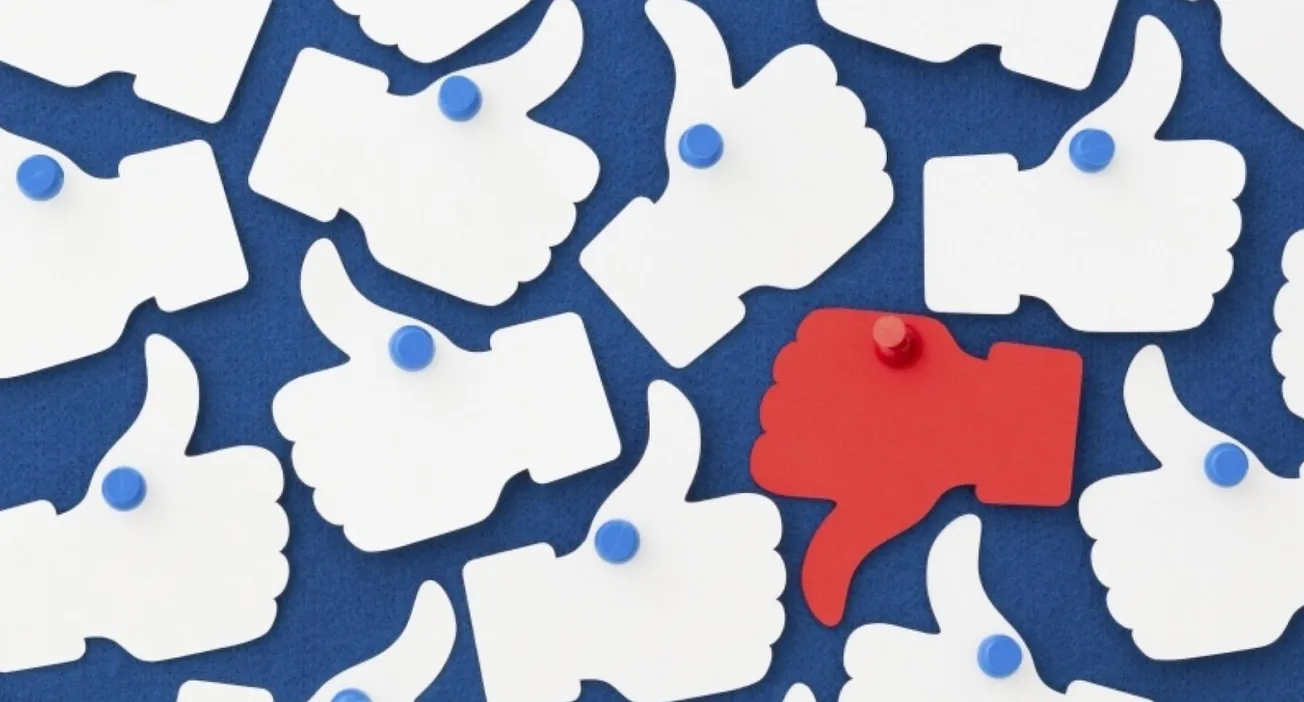Table of Contents
The turmoil of recent months, from the Covid-19 pandemic to the recent protests and riots, have revealed many big tech companies as political actors with vast, unchecked powers of censorship, rather than the neutral platforms they purport to be. It’s time we as a nation treat them accordingly.
The Section 230 exemption in the 1996 Communications Decency Act protects neutral online platforms from liability for content posted on their platforms. Importantly, it also protects them from liability for editorial decisions like deleting an individual post or suspending a user’s account. Big tech companies, such as Facebook, Twitter, and Google, all benefit.
The intention here is good and necessary, especially since social media has now become such a crucial means of communication. Protection from liability fosters growth and ideally allows a wide range of ideas to be shared. In practice, however, Section 230 allows these companies to act as editors and publishers on their platforms without the same liability. They are able to remove any posted content based upon company policies without the normal liability that comes with editorial power, thus undermining the original virtue of the exemption.
At the end of April, Facebook came under fire for removing anti-quarantine protest events in some U.S. states. Whether you agreed with the lockdowns or not is beside the point. Facebook, especially when it has government-sanctioned protections for being a “neutral platform,” should not impede people’s basic right to protest its government’s decisions. But arrogantly and with no accountability to its users or even shareholders (Mark Zuckerberg controls a majority of the voting shares), let alone to voters, Facebook did just that with no adverse consequences.
In its defense, Facebook claimed it was merely aligning with California, Nebraska, and New Jersey states’ stay-at-home orders and would “remove events that defy social distancing guidelines.”
As of June 1, the city of San Francisco’s health guidelines continued to decree that “everyone must stay home,” excluding essential services (get food, care for a relative or friend, get necessary healthcare, or go to an essential or outdoor job), yet the city has seen numerous protests over the death of George Floyd in the past two weeks, many of which have been posted as events on Facebook. Many of the protests had well over a thousand people. Though these events violate the city’s guidelines as much as the anti-quarantine protests, Facebook has not removed any of them.
Perhaps Facebook views the protests for George Floyd or police reform as more necessary and legitimate than the ones against stay-at-home orders. But if Facebook lets such political opinions dictate what content is allowed on its platforms, how can it still be considered neutral under the law? These are the actions of an editor and a publisher.
All people should be able to use one of the biggest communication platforms in the world to organize, whatever their cause. Both demonstrations, against the stay-at-home orders and in support of George Floyd and Black Lives Matter, should have been allowed on Facebook without the company’s interference.
The issue is not particular to one or two companies. Facebook, Twitter, Google, YouTube, and Amazon have all tested the bounds of censorship in the past months.
A pattern emerges: Big Tech companies create content restrictions on the fly to suit their preferred outcomes and to curry favor with political and corporate elites. They did it regarding Covid-19 and are now doing the same thing around dialogue concerning racism and antiracism.
Twitter shared Facebook’s hypocrisy as it, under the guise of fighting coronavirus-related misinformation, removed tweets it deemed “could lead to widespread panic, social unrest or large-scale disorder.” Shockingly, the policy does not extend to any tweets promoting the actual panic, unrest, and disorder currently plaguing various American cities in the name of antiracism. Twitter has also taken to labelling President Trump’s tweets condemning the riots and newly-minted autonomous zones as “abusive behavior.” On June 23, Twitter censored Trump’s declaration that “There will never be an ‘Autonomous Zone’ in Washington, D.C., as long as I’m your President,” which is not only expected but heartening to hear from our nation’s leader. Twitter, apparently, does not think so. This is not the action of a neutral platform which is required under Section 230.
In April, YouTube removed a video of two California doctors who interpreted government Covid-19 statistics and suggested changing government lockdown policies based upon their understanding of the data and the negative societal effects of prolonged lockdowns (i.e. high unemployment, mental health problems, substance abuse). And in mid-June, Google, YouTube’s parent company, banned two conservative media outlets, ZeroHedge and The Federalist, from advertising due to supposedly hateful content in articles or in the comments section. ZeroHedge was removed from the Google Ads program, while The Federalist was allowed to remain only after it removed its comments section.
Even Amazon hopped on the censorship bandwagon and refused to publish a booklet by author and former NYT writer Alex Berenson, titled Unreported Truths about COVID-19 and Lockdowns: Part 1: Introduction and Death Counts and Estimates. After significant and bipartisan backlash, including from Elon Musk, Amazon published the booklet. It is now #8 on Amazon Charts’ Most Sold list for Nonfiction.
We must ask some key questions: what right has Google (or any of these supposedly neutral platforms) to police the stories news media sites may run, or what opinions may be posted, or what discussions may be had? Moreover, why is The Federalist held accountable for its users’ posts when Google itself has legal protection from any such accountability?
Big tech companies must be held accountable for their decisions to censor or suspend their users. But true neutrality must also be the ultimate goal to allow for open communications. Section 230 cannot simply be removed; that will only embolden each platform to greater censorship. Rather, the exemption must be replaced to make the protection from liability entirely conditional on true neutrality, and that neutrality must be clearly defined in order to properly enforce the law.
Replacing Section 230 is a necessary first step to curb the power of big tech companies. But we should reflect on our own history also, to an era strikingly similar to this one: the Progressive Era. When faced with new and rapidly changing technologies, powerless and exploited workers, record-high immigration, and abusive monopolies, Teddy Roosevelt famously broke up the trusts he feared would result in a destructive and violent uprising in the U.S. According to a recent Vox poll, two-thirds of Americans across the political spectrum support breaking up the big tech companies.
There is no time now for equivocation. Big tech companies should not have the power to censor citizens, control our political action, or dictate social practices. If they continue to use their monopoly power to manipulate our democracy, Congress must act to require neutrality or to break them up.









